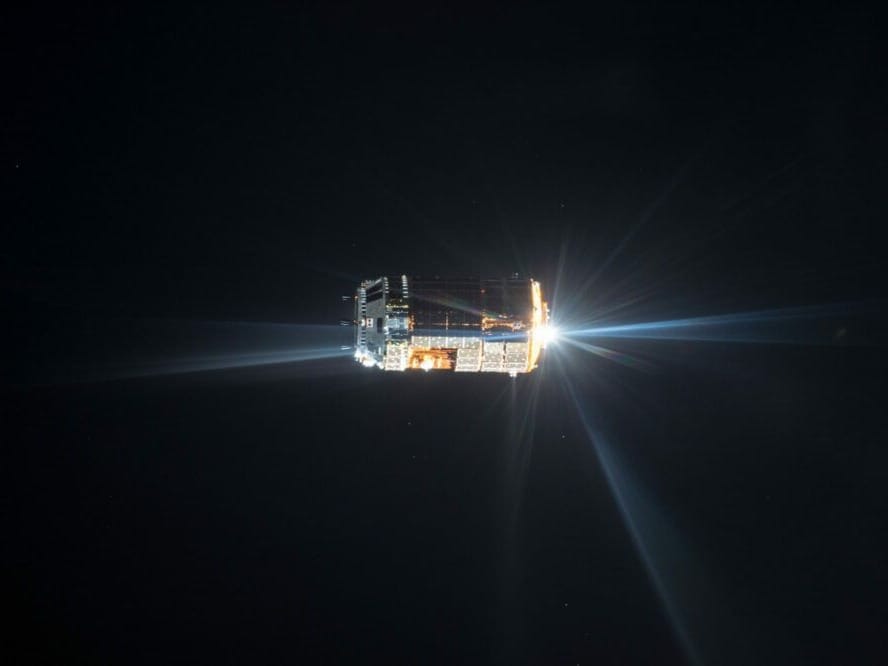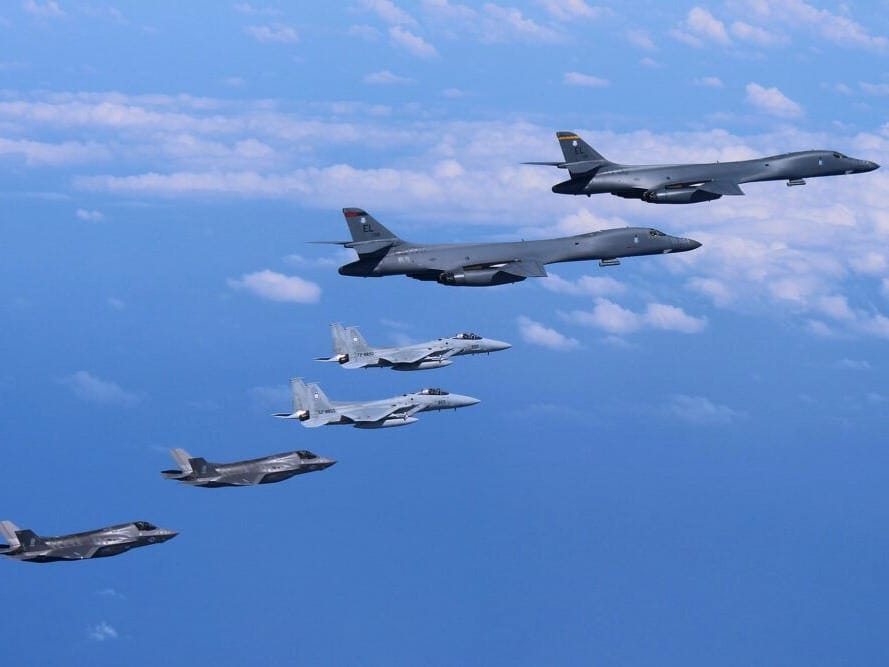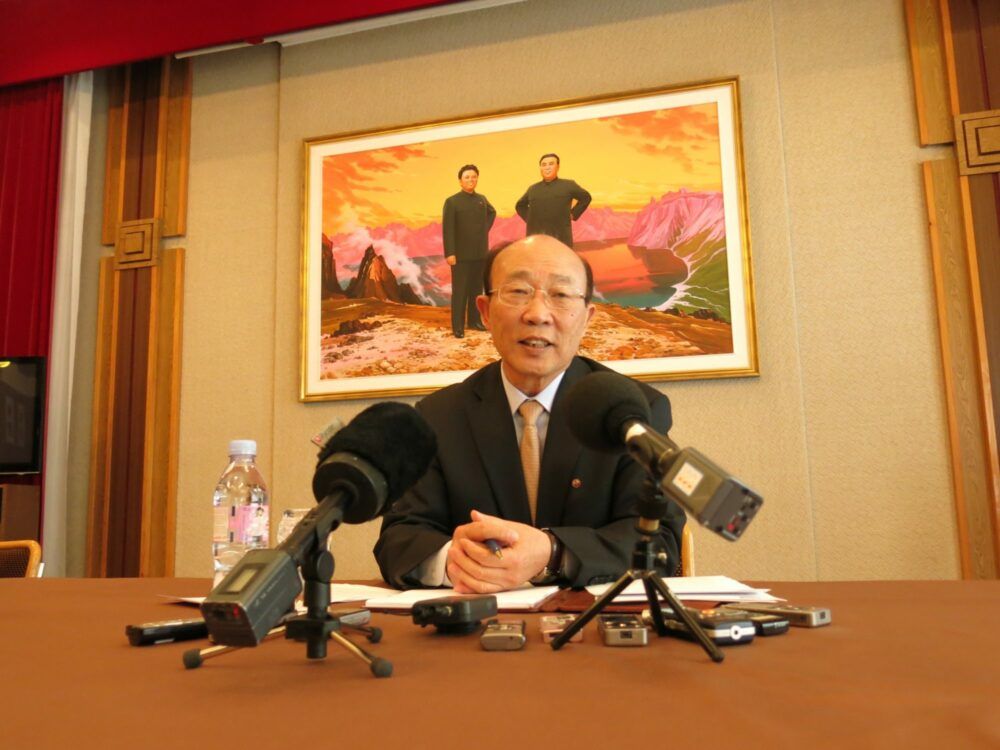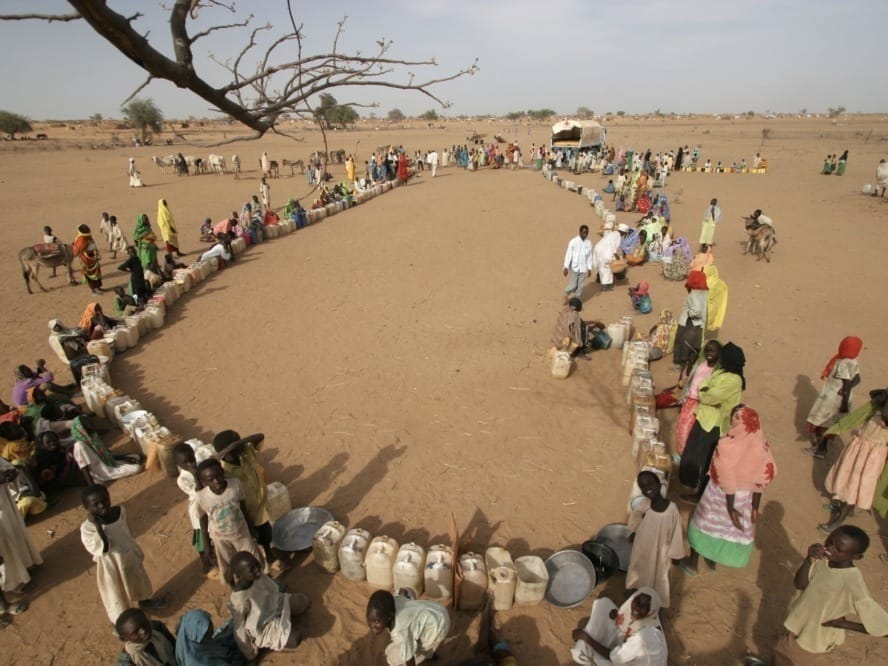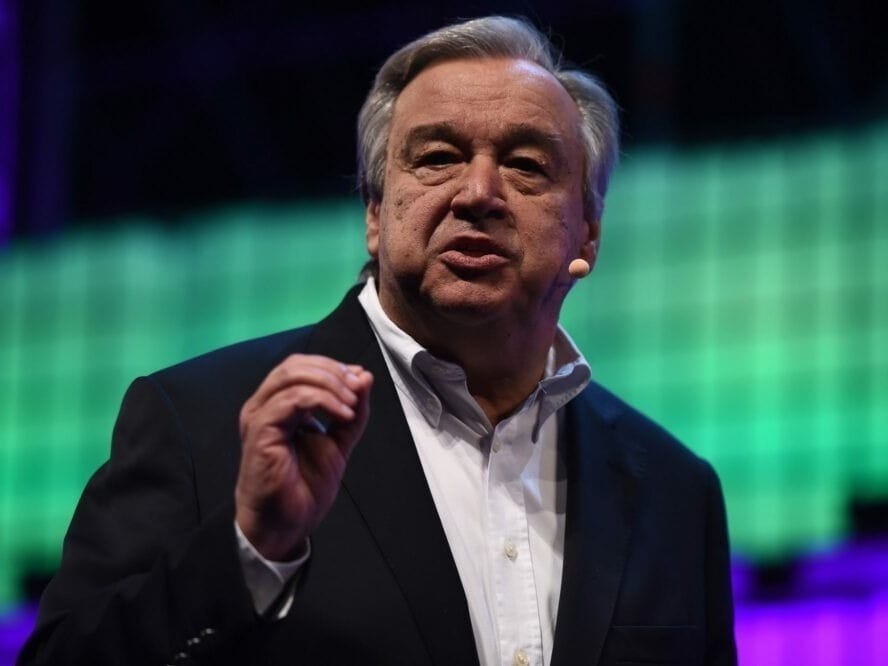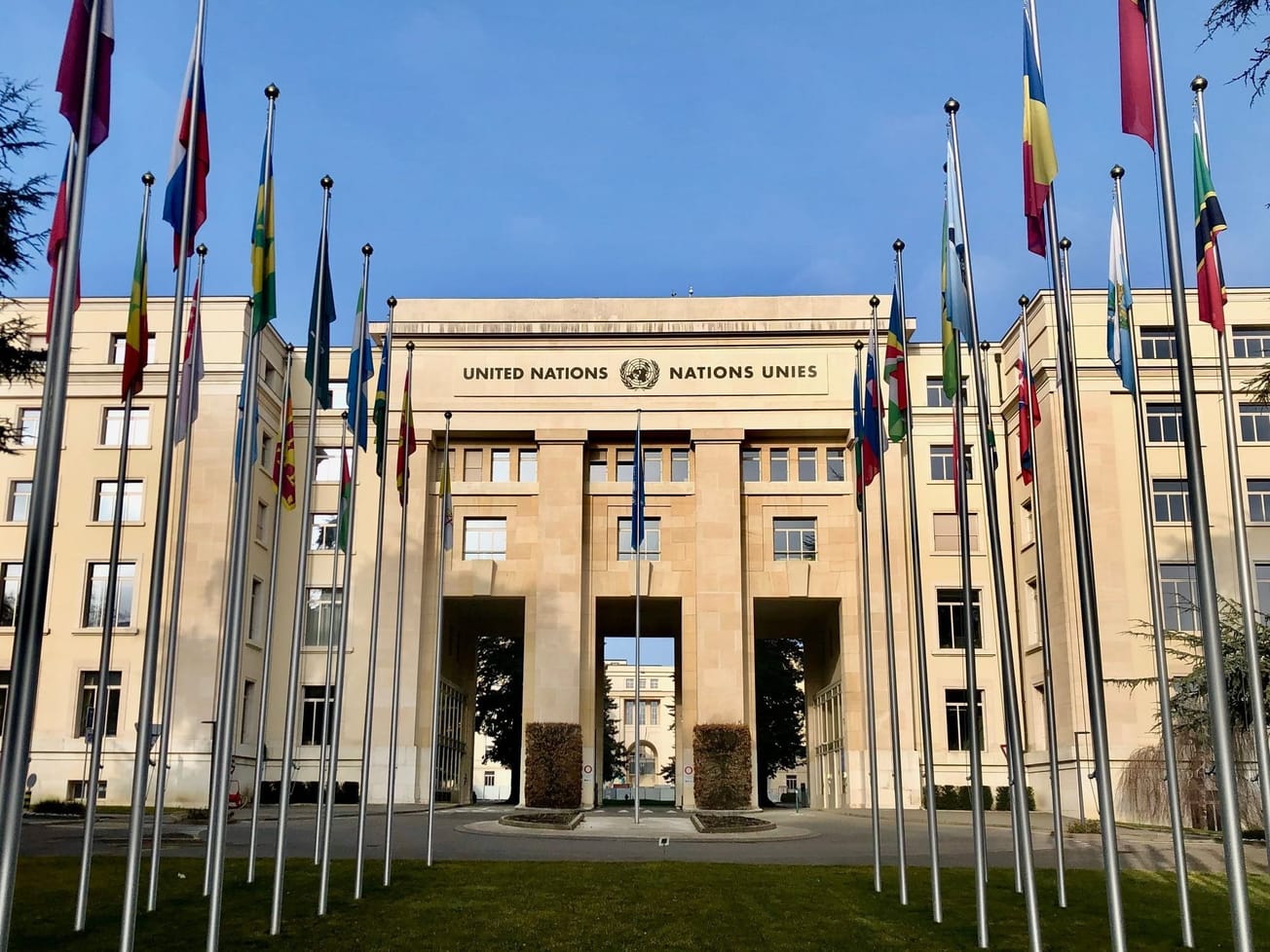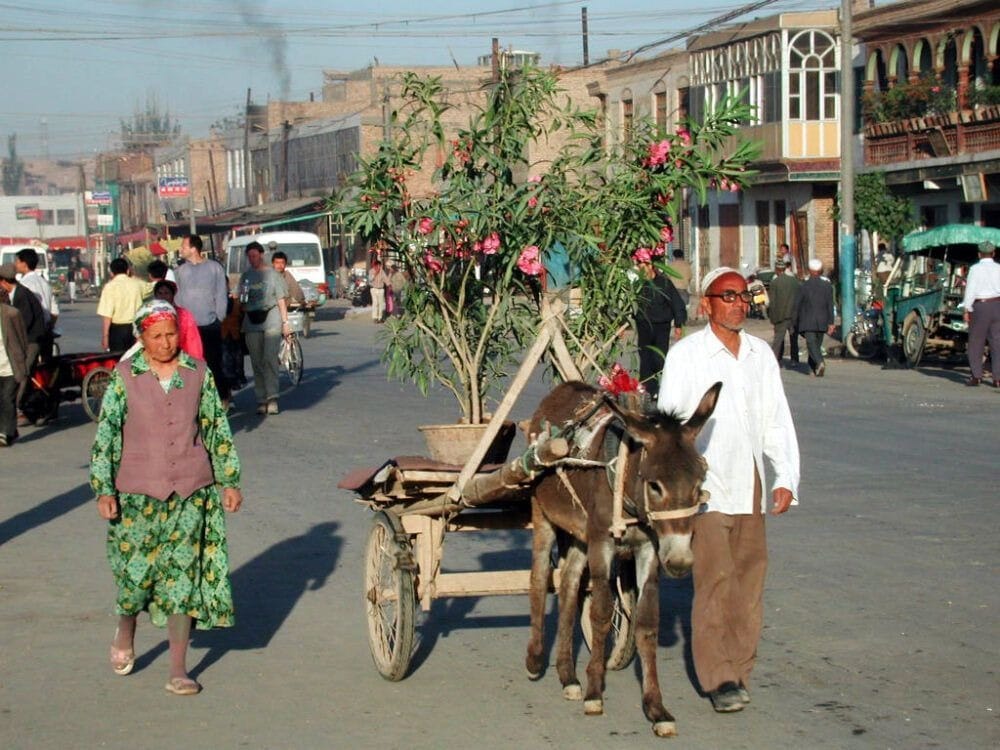
Trump trade war erodes the U.N.'s global anti-poverty goals for 2030
International organizations said the tit-for-tat tariffs will undercut a broad array of global development efforts.
Award-winning U.N.-accredited journalist, with 30+ years on four continents, almost half of it for AP in Washington, New York and Geneva.
International organizations said the tit-for-tat tariffs will undercut a broad array of global development efforts.
Before telecoms can revolutionize their equipment, ITU must develop new technical standards for putting it all to use.
U.N. agencies convened their first outer space conference in almost two decades, aimed at keeping space weapons-free.
Two nuclear watchdogs were prepared for the monitoring and verification North Korea would need for denuclearization.
Organizations are adopting blockchain, which could transform everything from agriculture to health care to aid.
The fracture lines between Trump and some of the United States' strongest allies were evident well before the gathering.
More than 5,000 people gathered, drawing links between the stabilizing forces of work, peace and resilience.
A summit with the U.S. could expand North Korea's little-known involvement with international organizations.
IRENA says 200 companies reported more than half the electricity they consumed came from renewables.
Lagging financial help for displaced people has raised concerns that it could destabilize neighbors and regions.
António Guterres launched a campaign underscoring the need for nations to scrap nuclear arsenals and other weapons.
By the start of 2018, the governments of 92% of the U.N.'s 193 member nations belonged to the Twitterverse.
The E.U.'s new rules emphasize accountability: Data handlers must demonstrate compliance and delete data if asked.
The first international organization dates to an 1804 Rhine River treaty. In the 20th century, organizations proliferated.


